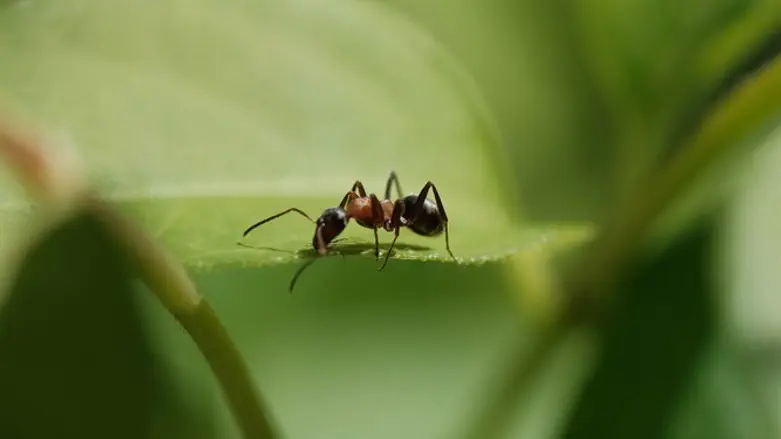
It turns out humans aren't alone in socially distancing when pandemics occur, a University of Bristol researcher says in an upcoming BBC Two television special.
Scientist Nathalie Stroeymeyt discovered that ants use social distancing to decrease the threat of disease spread in their colonies.
Stroeymeyt employed computer technology to track the movements of ants in a colony where some members were infected with a fungal disease.
She found that the sick ants decreased the amount of time they spent inside the nest in order to prevent infection. The sick ants also socially distanced themselves from the healthy ants in order to stem the spread.
Her findings were published in Science Magazine. The researcher's work will be showcased on Chris Packham Animal Einsteins, a BBC show which is available on the BBC iPlayer.
“Ants have evolved extremely quick and effective responses to infectious pathogens, which greatly reduce the risk of epidemic spread within their colonies," Stroeymeyt said during her interview on the show.
“By reorganising their social network within hours of the first contact with the pathogen, they minimize the risk that anybody will become seriously ill with the disease and minimize the routes of transmission to the queen and young workers, which are most important to the long-term success of the colony," she said.
